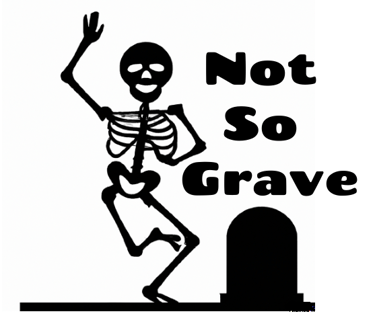Emergency Contact List For Death Notification
Who to Notify When Someone Dies: A Compassionate Map
Creating a list of emergency contacts is a particularly thoughtful part of planning your estate. It’s about gathering the names and details of those closest to you, so your loved ones know exactly who to get in touch with when you’re no longer around. Instead of a cold, impersonal announcement on social media, this list offers a more gentle, direct way for your family and close friends to learn about your death and reach out to those who meant the most to you. It also means not having dozens of missed calls from a panicked HR department if you are unlucky enough to still be working when you die!
Who needs to know?
By preparing a list of contacts, you’re giving your executors and family clear instructions on who to notify first. This can include neighbours who may have shared small daily moments with you, close family members who will need support, or friends who can help organise memorial details. Think of it as a personal network map that ensures important connections aren’t overlooked when emotions are running high. Don't worry about including literally everyone - it's more about who you think should be told personally by your closest family; beyond this group, word will naturally spread to your wider network, and for everyone else social media has its uses.
Note that this is about personal contacts, not companies or institutions, though I do suggest you include your GP and workplace contact details too (who will both need to know quickly), and - if you have one - your accountant, solicitor, nursery or home help / carer / gardener too.
When it comes to companies (your bank, utility provider, insurance firm) you should instead reference these in the Financial Asset Register. The easy question to answer when differentiating is "Do I have a personal relationship with these individuals?"
Assuming that at least one next of kin was either there at the death or has been informed by the authorities, then the order of notification goes something like this (but you should decide the order best for you):
The person or people you trust to deliver the bad news (and feel will be emotionally best to do so)
Your close family
Your close friends
Your GP
Your work manager or business partners, if either applies
Your wider family and friends, and neighbours
People who manage your financial and legal affairs (accountant, solicitor)
People with whom you have a professional relationship (home help, cleaner, gardener, window cleaning)
Social Media notifications (only after you're sure that the key people have been notified)
Choosing the notifying person/people
You should choose ideally someone who you trust to deliver the bad news in a sensitive manner, and who won't be psychologically overwhelmed by making lots of potentially traumatic phone calls in the immediate aftermath of your death. This may be a son or daughter, brother or sister, or it may be a close and trusted friend. It really depends on their expected level of grief and ability to handle it: making potentially dozens of calls is - from personal experience - a brutal experience.
Strongly consider choosing two people in order to split the load and in case one of the notifiers is unable to act.
Make sure that you speak to these people in advance and gain their consent to doing what is an incredibly difficult and emotional challenging task.
Keep it updated
When you compile this list of contacts, make sure you include up-to-date phone numbers, email addresses, and even postal addresses if necessary. It’s a small extra step now that can prevent a lot of confusion later. By taking the time to create and securely store your contact list, you provide your loved ones with a clear, compassionate roadmap for who needs to be told, helping them navigate the initial shock of loss with a little more clarity and a lot less stress. Make sure to store it with all the rest of your death documentation, and mark as complete on your Executor Guidance document.
To help you, here's a handy version of the death notification list in Word:
Contacts_List_CL01NSG052025


